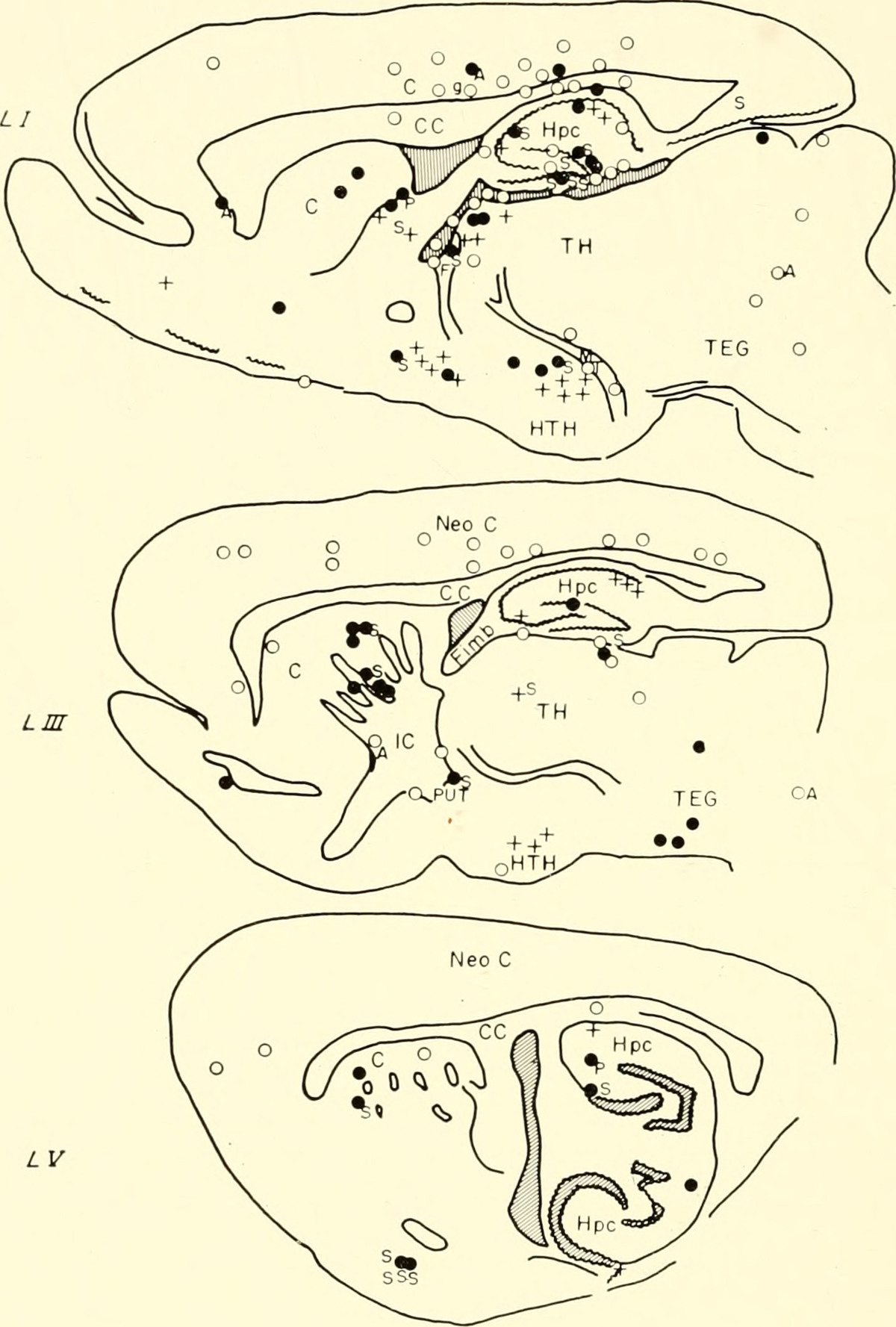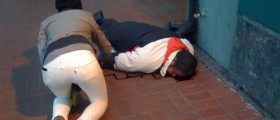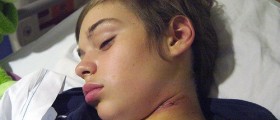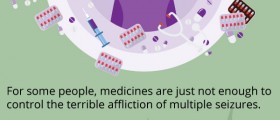
Seizures
Seizures also known as convulsions are abnormal electric discharge in the brain which consequently leads to twitching of the muscles. A seizure can last only a few seconds or extend to a few minutes. There are around 20 different seizures. Still all of them are basically classified into partial or general seizures.
The symptoms and sensations caused by seizures depend on the affected part of the brain. If a person is having grand-mal seizure he/she may lose consciousness, fall and hurt himself/herself and develop muscle jerks or rigidity. On the other hand in complex partial seizures the patient is conscious but rather confused. In some cases the seizures can be extremely low in intensity that they are not even noticed by nearby people.
Seizures are the regular symptom of epilepsy. They can express in a form of muscle contractions or changes in sensitivity such as numbness of certain body parts, short loss of memory, sensations of sparkling, flashes, or unpleasant odor. All the previous sensations and changes that may occur determine the classification of seizures into motor, sensory, autonomic, emotional and cognitive.
Causes of Seizures
A variety of medical conditions can lead to seizures. Trauma and brain injuries are only some of them. Epilepsy is almost always accompanied by seizures. In some people abnormalities of brain blood vessels can be a cause of seizures. Seizures can be one of the symptoms of brain tumor, intracranial hemorrhage and subarachnoid bleeding. Stroke and transient ischemic attack can additionally cause seizures. Even infections such as meningitis, brain abscesses or encephalitis can lead to seizures. The problem may also affect people suffering from Alzheimer's disease or other form of dementia.
The increased electric discharge in the brain can be a consequence of diseases of certain distant organs including liver and kidneys. In terminal liver and kidney failure a patient may suffer from seizures.
Seizures can be additionally induced by certain toxic substances or poisonous stings and bites. In chronic alcoholics permanent damage of the brain tissue can eventually lead to seizures.
In children who are predisposed increased body temperature can lead to convulsions and this is why these children need to be monitored carefully whenever they suffer from fever.
Convulsions can be also caused by metabolic imbalance especially in uncontrolled diabetes mellitus. Even excessive usage of certain medications such as barbiturates and benzodiazepines can induce seizures.
And finally, the cause of some convulsions cannot be established.
All in all, in case that seizures occur a person needs to be treated promptly and the seizures need to be brought under control. After that a person undergoes certain examinations and tests which will lead to the original cause of the seizures and the treatment of primary disease will help in elimination and prevention of future attacks.

















Your thoughts on this
Loading...